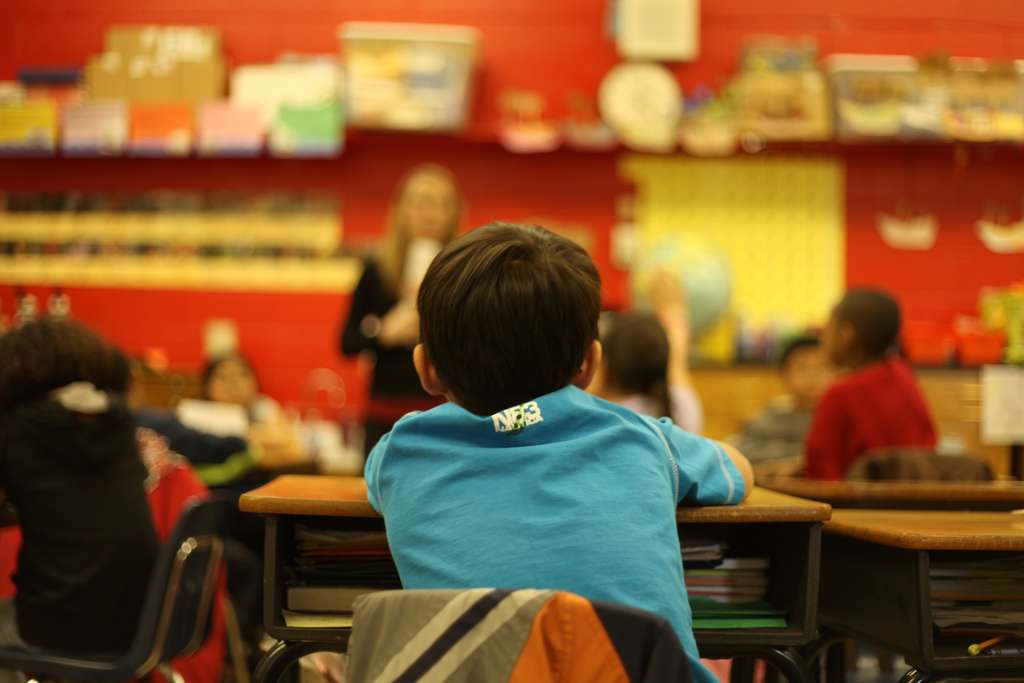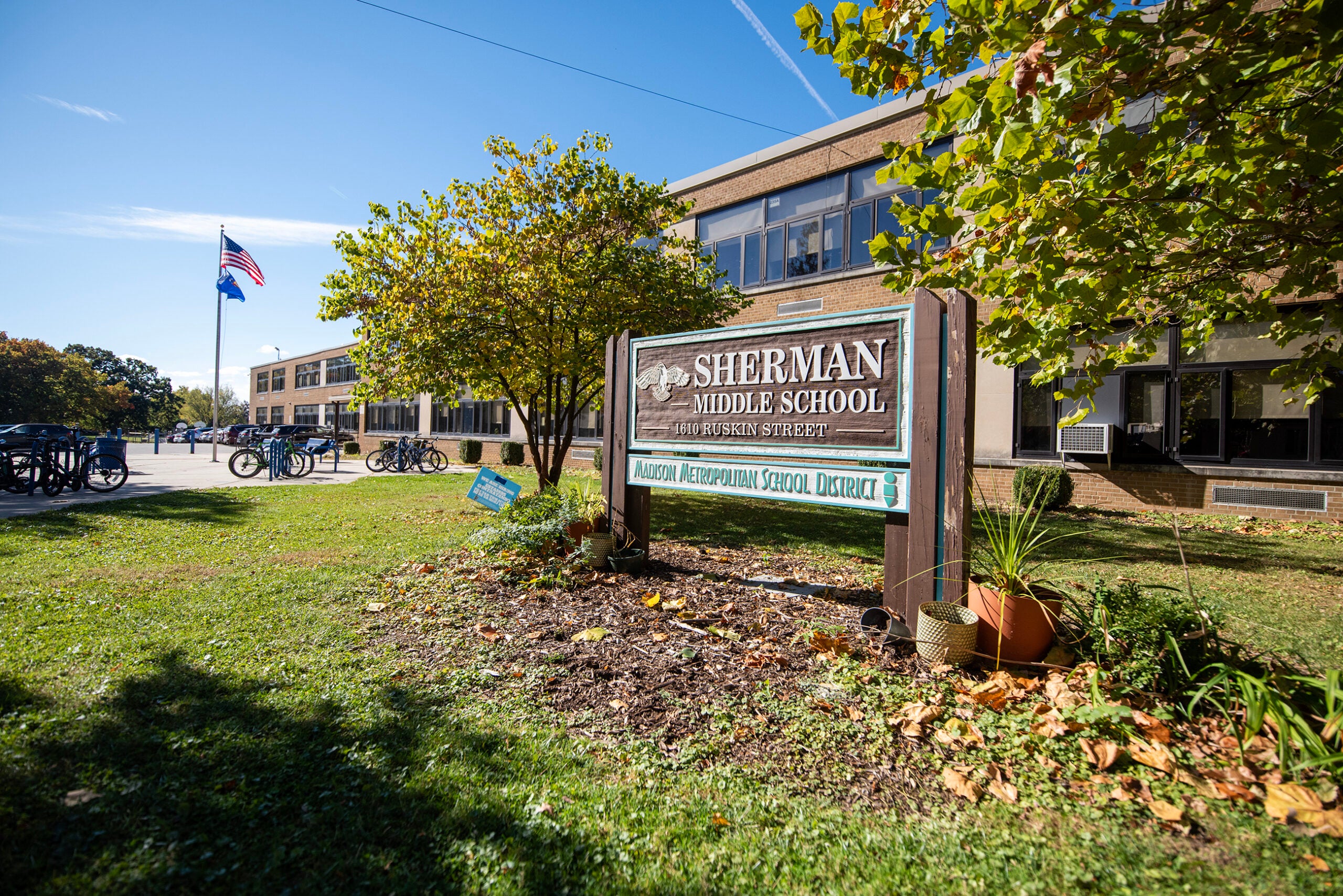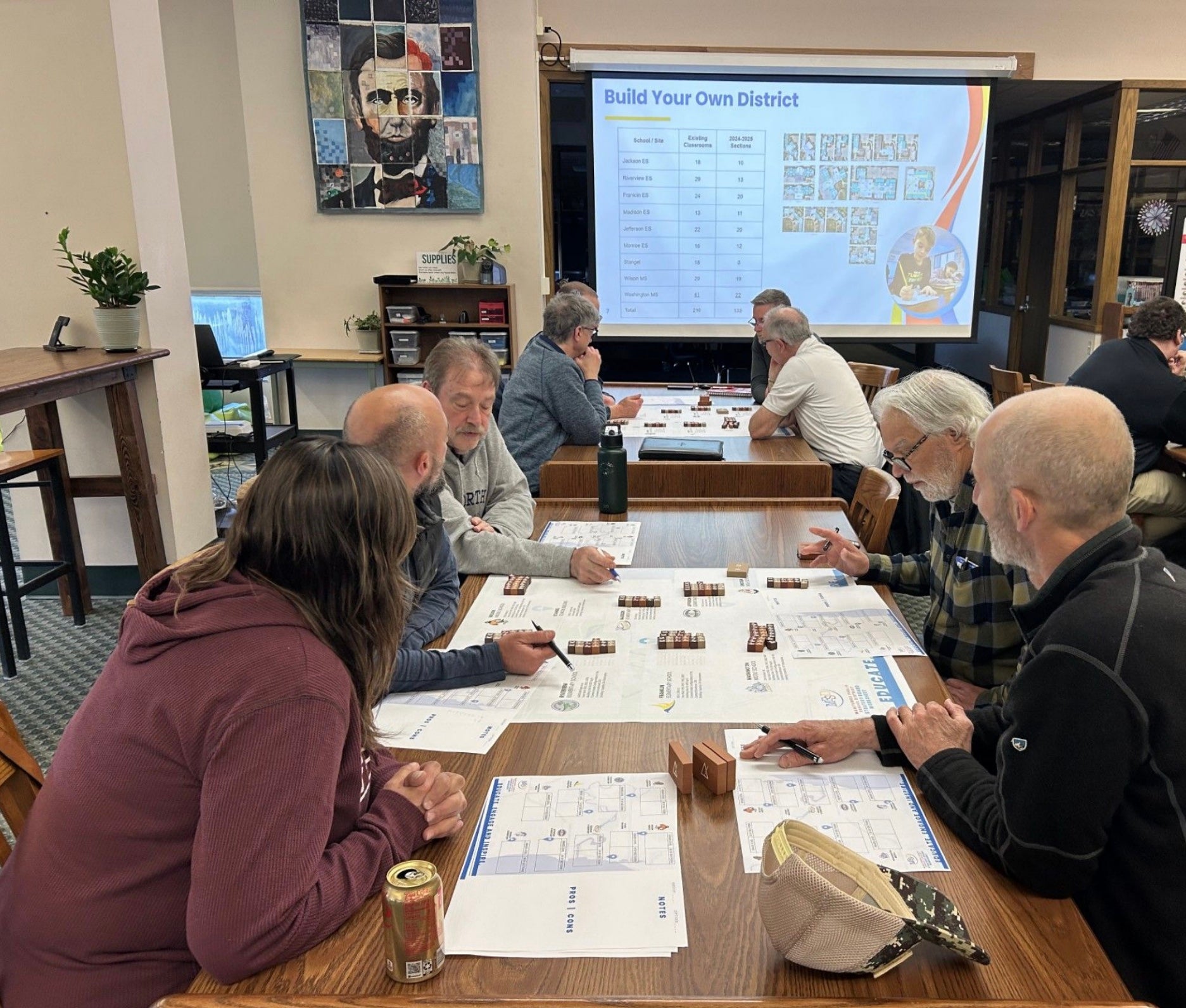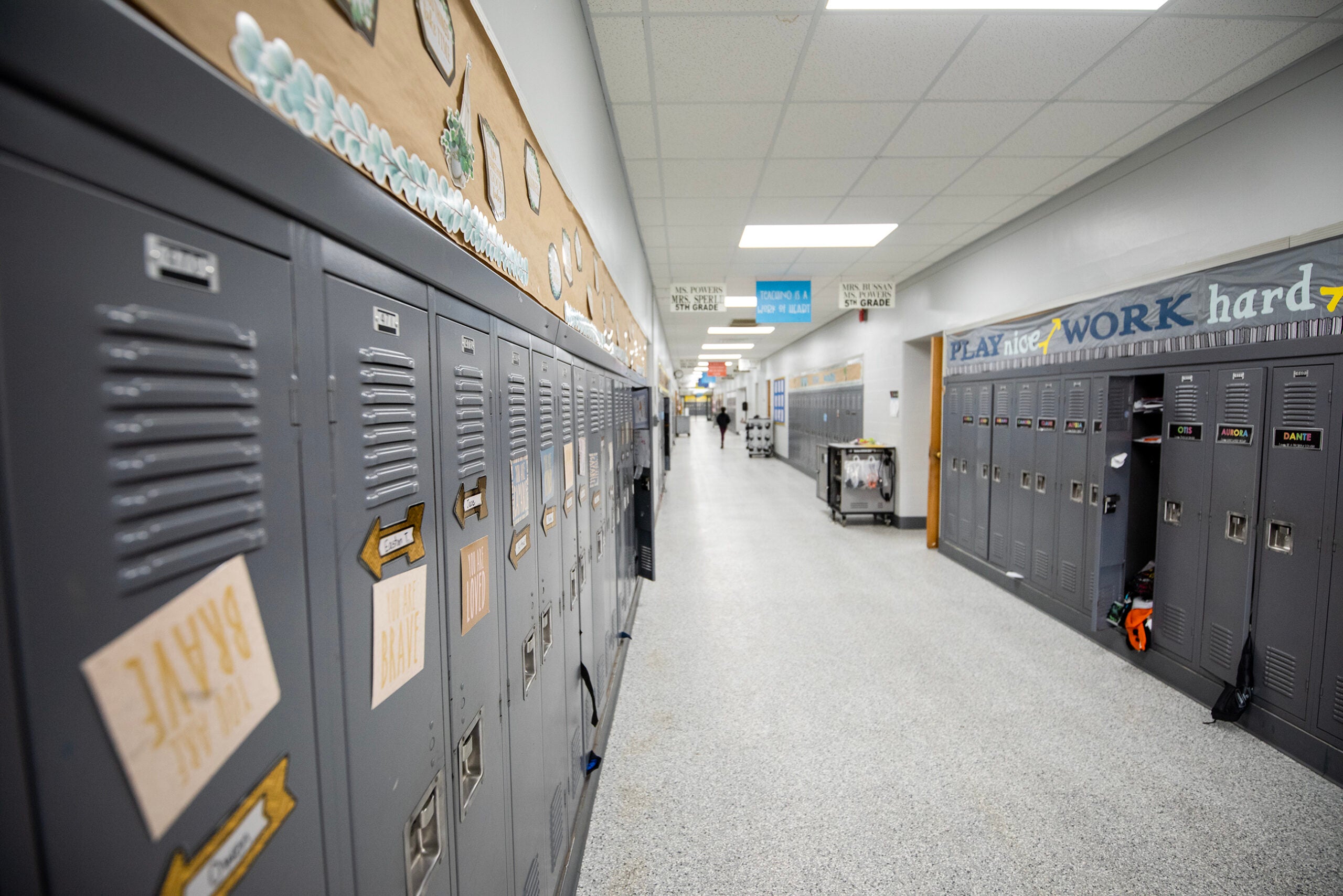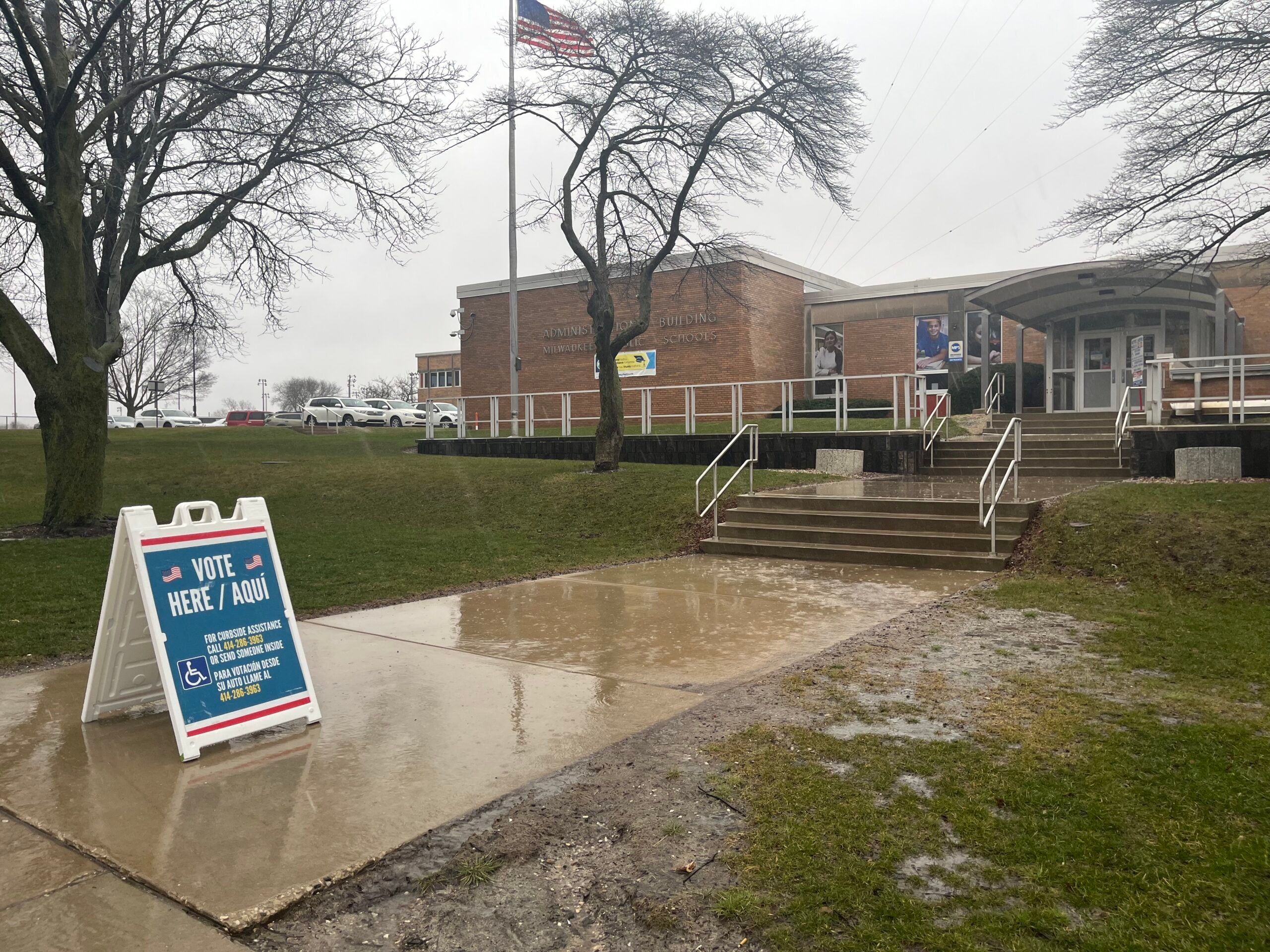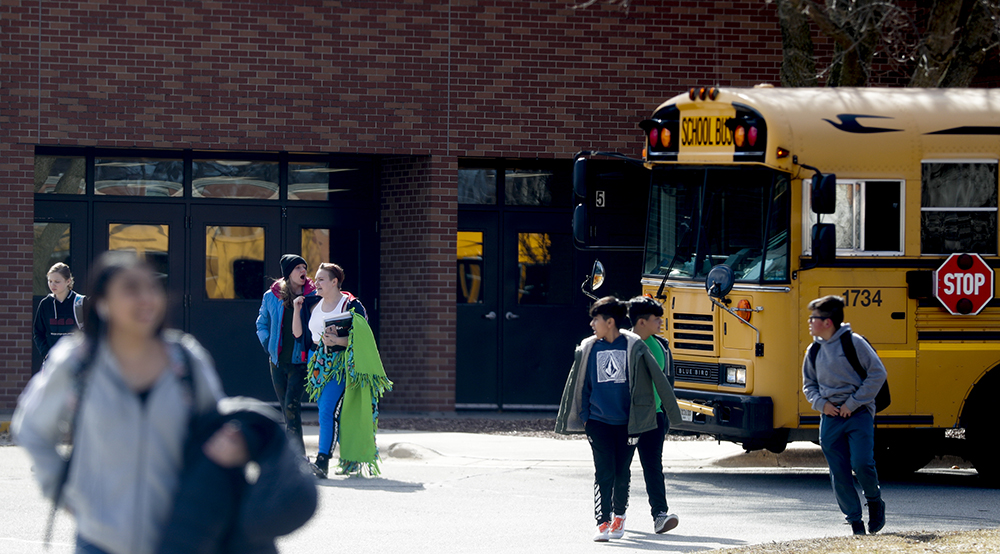Voters around Wisconsin rejected several school spending referendums in Tuesday’s spring primary elections — including one district where a referendum failed by a single vote.
The River Ridge School District in Grant County asked voters to consider a $2.3 million referendum to pay off financing for athletic fields and an outdoor educational center the southwestern Wisconsin district recently built. There were 330 voters in favor of the funding and 331 opposed.
District Superintendent Clay Koenig said it’s hard not to question whether a simple action could’ve swayed just one more vote in favor of the referendum. He also said the district will likely return to the voters for another referendum as soon as August or November, something the school board will consider at a future meeting.
News with a little more humanity
WPR’s “Wisconsin Today” newsletter keeps you connected to the state you love without feeling overwhelmed. No paywall. No agenda. No corporate filter.
“Last night, it was heartbreaking,” Koenig said Wednesday. “But I took some time to do some self-reflecting, and this isn’t a time to be bitter. … That’s what I’m focusing on: Hey, it was close. What can we do to be better and make sure we get (the public’s) questions addressed before we go back?”
River Ridge wasn’t the only district that saw a referendum voted down Tuesday. Voters in the central Wisconsin village of Edgar rejected an operational referendum that would have added $650,000 over three school years to cover staff and facilities costs. That referendum failed 453-530 votes.
And in Minocqua, voters rejected a $3.45 million referendum to fund operations, facility maintenance and other education costs in the Lakeland Union High School District, with 2,402 voting in favor and 3,073 against.
School district referendums have become routine in many places since the 2011 passage of laws that capped the amount of revenue school districts can raise through local taxes without one. And most school referendums pass. In 2018, Wisconsin voters broke records by approving more than $2 billion in new school spending statewide, and more than 90 percent of November referendums passed.
But for some rural districts, especially those facing declining enrollments, and therefore declining state funding, it’s increasingly become the norm to turn to referendums just for funding for operations.
“Most districts are either operating right now underneath some referendum, or if they’re not, they’ll be going to referendum sometime soon,” Koenig said. “This isn’t unique to any of our schools.”
It can mean the stakes are high for the outcome of any referendum vote. And it also means most districts that see referendums rejected will bring similar questions before voters again.
In Edgar, where referendum funds would have gone to operations, Superintendent Cari Guden in a statement called the rejection “very disheartening for our school district, students, staff and the entire Edgar community.”
“The next steps will include making cuts within our district so that we can balance the budget for the upcoming school year and beyond,” Guden said. “We will also be discussing the possibility of asking the community to vote again in an upcoming election, since the budget deficit will continue to increase.”
Wisconsin Public Radio, © Copyright 2025, Board of Regents of the University of Wisconsin System and Wisconsin Educational Communications Board.

